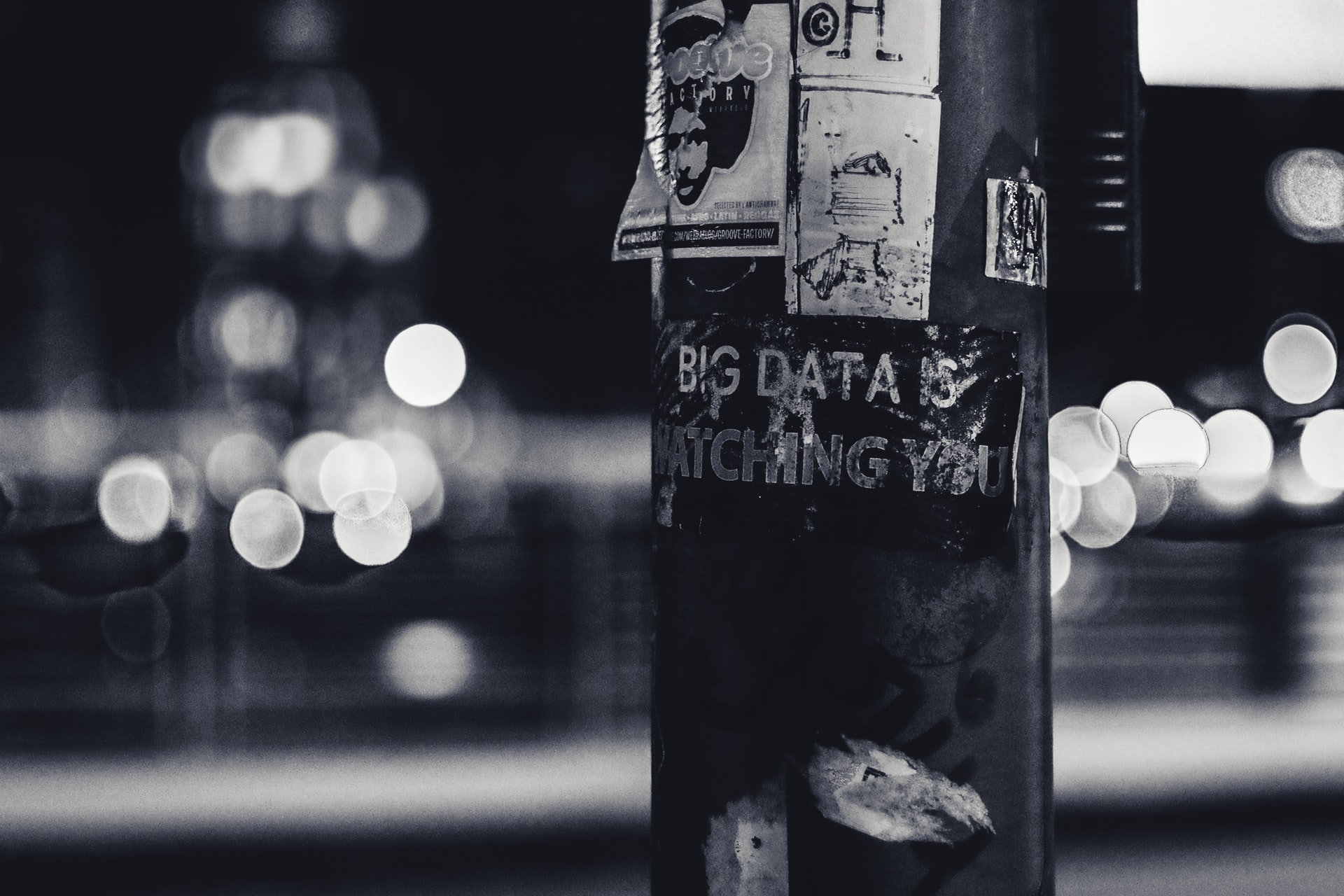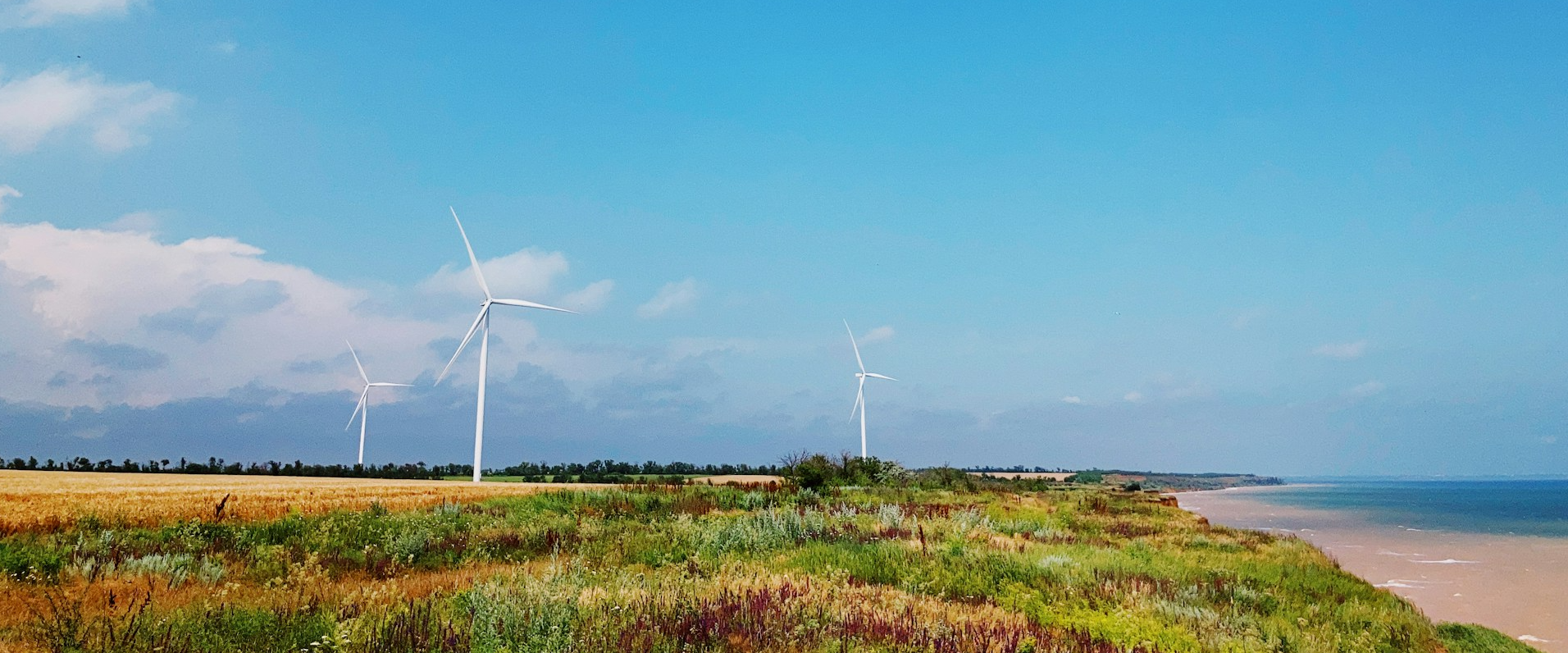The Future of Work in Brazil
Artificial intelligence (AI) systems are already making a great impact in our lives. Digital assistants such as Siri and Google Assistant found in smartphones and laptops are performing a variety of tasks, including answering questions, making calls, and playing music. Using a combination of natural language processing and machine learning, these virtual assistants can understand and respond to voice commands.
Facebook, the global social media giant is already using the potential of “AI systems to decide what content appears, informed by the choices” people make in their platforms. “Our AI systems predict how valuable a piece of content might be to you, so we can show it to you sooner. For example, sharing a post is often an indicator that you found that post to be interesting, so predicting that you will share a post is one factor our systems take into account. As you might imagine, no single prediction is a perfect gauge of whether a post is valuable to you. So we use a wide variety of predictions in combination to get as close as possible to the right content, including some based on behavior and some based on user feedback received through surveys,” said Nick Clegg, President of Global Affairs at Meta.
Businesses are also bullish about AI. Since the past six years, AI adoption by organizations has hovered at about 50%, but in 2024, adoption of AI in at least one business function jumped to 72%, depicting a pivotal shift towards global recovery post pandemic.
Brazil’s Digital Revolution
As the world rapidly advances with AI and digital solutions, Brazil is no exception. Brazil’s digital warriors are quick to adopt new technologies. The country’s tech-savvy entrepreneurs are developing innovative apps that cater to both global and local markets.
Quiron Digital, a Brazilian tech startup uses AI to remotely manage crops and forest to predict and mitigate instances of wildfires. The startup has developed a proprietary AI algorithm, that uses “different data sources about the region, including geographic and vegetation variables, historical weather data (to train the wildfire models), and a medium range weather forecast to predict the wildfire risk.”
In Brazil, AI is playing a key role in advancing drug discovery and clinical trials. AI algorithms are being utilized to analyze clinical trial data, aiming to uncover new treatments for various diseases. In October 2020, the Center for Artificial Intelligence (C4AI) was established through a partnership between IBM, the University of São Paulo (USP), and FAPESP (São Paulo State Research Foundation). The center is committed to developing cutting-edge AI research to tackle important social and economic issues.
To further boost AI development and regulation in the country, Brazil President Luiz Inácio Lula da Silva plans to invest USD4 billion to the Brazilian Artificial Intelligence Plan. “We want artificial intelligence to create jobs in the country and qualify students,” he said.
Resistance to Digitalization
Despite the overall trend towards digital adoption, there is a notable segment of the population that resists these changes. This resistance is often rooted in concerns about job displacement and the erosion of traditional work practices. A survey reveals “that 83% of Brazilians believe automation will make it harder to find jobs, and 80% say inequality will grow.”
Furthermore, rapid pace of digital transformation poses significant challenges for those less adept at using technology. Many workers, particularly in rural areas, lack access to the necessary digital infrastructure and skills training. This digital divide exacerbates existing inequalities, leaving a portion of the population at a disadvantage in the evolving job market.
This topic is one among many other topics that form the agenda of the Horasis Global Meeting, being held in the city of Vitória, the capital of Espírito Santo, a southeast state of Brazil. The meeting is scheduled to take place between 25-26 October 2024, bringing together business and public leaders to help bridge divides between the North and South economies and help address global challenges, including inequality, peace, and climate change.
The Path Forward
To fully realize the benefits of AI and digital transformation, Brazil must address the growing inequalities within its workforce. Perhaps it can start by encouraging businesses to educate its workforce in using emerging AI capabilities in their everyday tasks. A LinkedIn study reveals that, 62% of Brazilian workers desire to learn more about AI, but 38% stated they are unable to do so due to lack of training from their employers.
AI regulation is the other crucial piece of the puzzle to ensure AI development is achieved sustainably in the country. Brazil’s draft AI regulation, under Bill No. 2,338/2023, which is still awaiting approval, seeks to safeguard fundamental rights while promoting the establishment of secure and trustworthy AI systems. The goal is to support human welfare, strengthen the democratic framework, and foster advancements in science and technology.
The future of work in Brazil will depend on how well the nation can balance innovation with inclusivity, ensuring that technological advancements benefit all members of the society, not just a privileged few. By investing in education, infrastructure, and policies that support digital inclusion, Brazil can harness the power of AI to build a more equitable and prosperous future for all its citizens.
Photo Caption: A coworking space in Belo Horizonte, Brazil.



